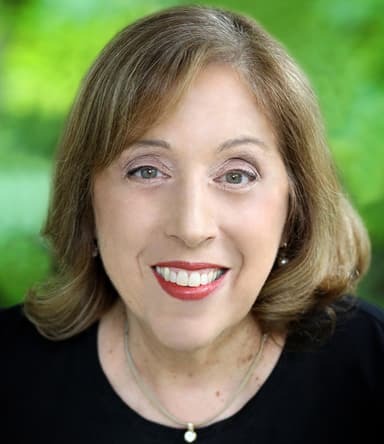
“There wasn’t a kitchen sink yet, and the furniture was piled up, but Robin still offered me a place to stay,” says Rathbun.
With Croft’s guidance Rathbun slowly rebuilt her life, and within several months became resident house manager. “I knew not to quit before the miracle happened, which is something my father always said,” recalls Croft, 40, a 17-year real estate veteran with Coldwell Banker Residential Brokerage in Warwick.
Croft says her parents raised five children in modest surroundings but had something more important than money, she says. “They had big hearts and souls and taught us the importance of never turning our backs,” she says.
“My father helped so many people at The Providence Journal with drinking and drug problems that the company moved him from his job composing type into personnel where he became an employee assistance counselor. And this,” she adds proudly, “was a man without a college education.” His compassion stemmed from his personal struggle with alcoholism, which he beat at age 30. “He stayed sober for 33 years until he died of a sudden heart attack in 2002,” Croft says.
In John Croft’s experience, addictions took a particular toll on women, and his daughter says he dreamed of opening a women’s shelter. So within a week of her father’s death, Croft decided the best way to preserve his legacy would be to carry out his dream. “I did what anyone would have done,” she says.
Not exactly. In the two years since Croft House opened, it has welcomed 125 women, aged 19 to 60, through its doors. The women are emotionally and physically abused, struggling with prior addictions, penniless, discouraged. Some have supported themselves through prostitution.
“My dad lived by the Alcoholics Anonymous philosophy to help others,” she says, especially those whom nobody else will help. “I’ve been fortunate to have people who cared about me. Some women haven’t. That’s why if someone needs your support, you go, even in the middle of the night.”
Something magical happens within the three-family home that Croft purchased, remodeled, and furnished with about $150,000 of her savings, $30,000 in donations, and thousands of hours of sweat equity. Croft had a white picket fence built around Croft House to symbolize her desire to foster the American dream. She hauls food regularly from a food bank. She cajoles professionals to volunteer haircuts and teach courses so that residents can complete high-school equivalency degrees. She also teaches children to help. Area Boy Scouts and Girl Scouts have planted a garden. “I’m a salesperson and will ask anybody and everybody,” she says.
The women have responsibilities, too. They share chores, contribute money toward expenses if they can, support one another emotionally, and master the basics of daily life. “Some don’t know how to get up in the morning, get dressed, and go to work,” says Rathbun, 37, who has been clean for more than two years and has good relationships with her children.
The ultimate goal is for residents to stay clean, develop a positive mind-set, become self-supporting, and regain custody of children. They can stay for a few weeks, months, or years, says Croft, who also refers women for counseling and even sometimes drives them to job interviews.
But Croft insists that residents follow house rules—and those who don’t are asked to leave. After two years, her success rate is about 38 percent, which Croft considers promising.
“I feel my father had to die for many women to live. I’m continuing on a journey he started. In 10 years, I plan to have 10 houses,” Croft says. Those who know her have no doubts.
Contact Croft at Coldwell Banker Residential Brokerage, 2258 Post Rd., Warwick, RI 02886; 401/739-9500; Robin.Croft@NEMoves.com.









